News:
Northern New England
Posted: April 5, 2012
New Hampshire Community Loan Fund converts 100th manufactured-housing community to resident owned
People from more than 5,600 New Hampshire households, most of them low-income, have created affordable housing for themselves.
Quite an accomplishment, wouldn't you say?
The strategy they've used takes courage, faith in the future, and faith in themselves. But it results in housing that is stable and safe, and that helps them save money and build assets. It also results in improved neighborhoods and greater civic participation. And it generates property tax dollars for each of the 64 towns and cities where it is located.
They're called resident-owned manufactured-housing communities, and earlier this month, a community in Derry became New Hampshire's 100th.
In Concord, they're
New Hampshire's first resident-owned community was created in Meredith in 1984. The elderly owners of a 13-home trailer park needed to sell it because they couldn't keep up with the maintenance. At the time, real estate prices near Lake Winnipesaukee were sky-high as land was snapped up for condos and vacation homes. The park's long-time residents knew exactly what would happen if it was sold.
"Most of us just figured we'd be thrown out, so we were looking for solutions - moving, buying something else, renting somewhere, just hanging in and hoping for the best," one resident told a reporter.
A couple of residents looked into buying the park themselves, but they didn't have the personal credit, or down payment, for a loan. Remembering there's strength in numbers, they organized the other residents into a cooperative and approached the banks as a group.
The banks still weren't persuaded. Three said they wouldn't lend to a cooperative. Two said that even as a cooperative, the families didn't have sufficient credit. Then there was the group's total lack of management experience, low incomes, and a leaky septic system that needed costly repairs. Few lenders thought that a newly formed group of volunteers could manage such an enterprise without bankrupting it.
But over the past 27 years, they've proven otherwise.
The Meredith group had been assisted by a graduate student who needed a community development project to complete her master's degree. Her professors connected her with a brand-new organization, the New Hampshire Community Loan Fund. The Community Loan Fund connected with the Sisters of Mercy, who wanted to put the money in their retirement fund to use for a good purpose. This project was the perfect fit.
The Meredith families had the purpose. The Sisters had the money. And the Community Loan Fund figured out how to get the deal done.
It would be 2½ years before the next park in N.H. converted to resident ownership, but then the idea concept exploded. Thirty-five parks converted in the next 10 years, and 46 in the decade after that.
In 27 years, not one of these communities has failed. Not one has been sold back to an outside company or investor.
Through the years, trailers evolved into mobile homes, which became today's not-so-mobile manufactured homes. Today's manufactured homes are built in factories to federal standards, are set on pads and foundations that are built to last, and cost very little to live in. These quality homes have become an important source of housing for young families, downsizing seniors and families with low incomes.
In many rural communities where rental apartments are scarce, manufactured homes are the best, and often the only, affordable housing.
Although some resident cooperatives buy their communities to avoid displacement, as did the Meredith residents, most want control the fees they pay to rent their lots (most residents in manufactured housing parks own their homes, but rent the land beneath them). Some also want to repair aging roads, electric or water systems.
The residents of Foxy Terrace Cooperative in Derry worked for five years, through false starts and disappointments, to buy their community. It was worth it, says president Russell Brooks.
Now, the residents will pay rent to themselves. "We can actually put the money into making it a better community ... a community everybody wants to be proud to live in," Brooks said.
That pride is on display at co-ops' community cleanup days, and in their community gardens. Committees plan dances, cookouts, night sledding and pumpkin-carvings. Others look in regularly on elderly neighbors to be sure they're cared for.
When Medvil Cooperative in Goffstown counted the number of volunteer hours its members had contributed in 2010, the answer was stunning: 50,000.
The largest of the resident-owned communities are multi-million-dollar enterprises, but they are run democratically by elected boards of directors and annual member meetings. Several graduates of the Community Loan Fund's "boot camp" for new co-ops and/or annual leadership training have since been elected or appointed to serve in their town's government.
One hundred co-ops isn't just an achievement for the proud residents of these parks - it offers a lesson to all of us:
When people have the right tools (fair loans, training and technical assistance) at the right time, they can take control of their lives and change the course of their lives. Land renters become owners. Residents become leaders. And neighborhoods become communities, in the best senses of the word.
Craig Welch is vice president for Housing at the N.H. Community Loan Fund, Concord, N.H.
MORE FROM Northern New England
Biddeford, ME Reveler Development has begun construction on 10 Upper Falls Rd., the fourth and final phase of Reveler’s master-planned development in downtown,The Levee. “We’re thrilled to embark on this major milestone at The Levee,” said John Laliberte, CEO of Reveler

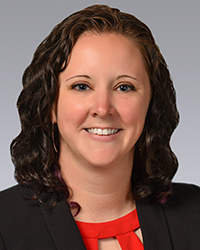
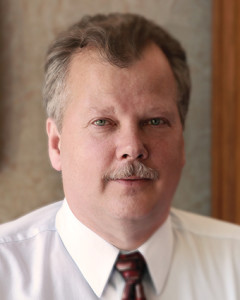
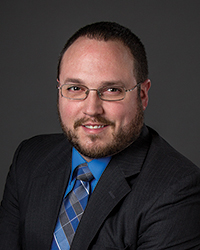
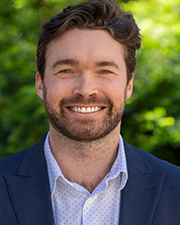

 (1) (1).png)
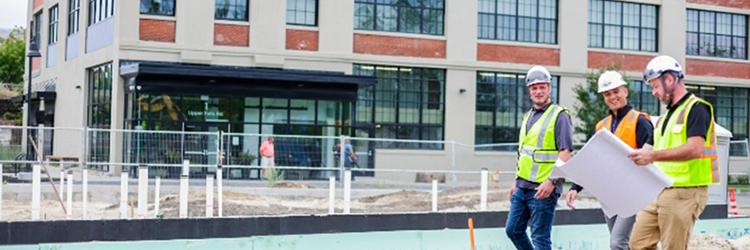




.png)


.png)